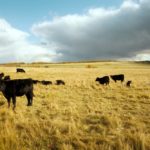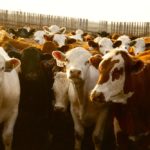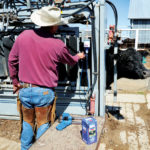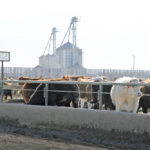Life is unpredictable. The hinterland between known and unknown is often blurred. Despite our techno-ability to scrutinize things at a molecular level, the ability to provide answers to troubling questions is sometimes beyond reach. Take, for example, the year-long investigation into TB discovered in an Alberta cow shipped to the U.S. for slaughter. The discovery […] Read more














